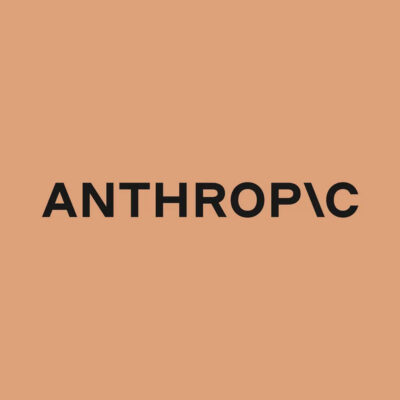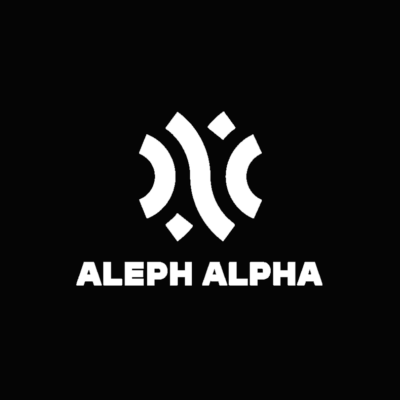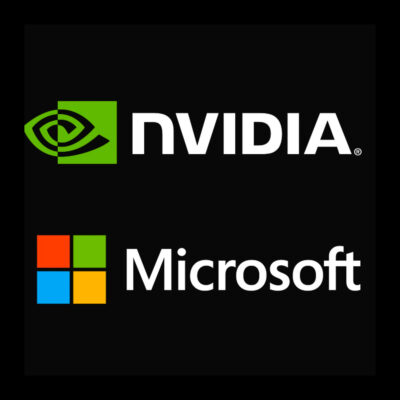Compare Models
-
Microsoft
Azure OpenAI Service
OTHERMicrosoft’s Azure OpenAI Service allows you to take advantage of large-scale, generative AI models with deep understandings of language and code to enable new reasoning and comprehension capabilities for building cutting-edge applications. Apply these coding and language models to a variety of use cases, such as writing assistance, code generation, and reasoning over data. Detect and mitigate harmful use with built-in responsible AI and access enterprise-grade Azure security. GPT-4 is available in preview in the Azure OpenAI Service and the billing for GPT-4 8K and 32K instances per 1/K tokens and can be found under those models on the tokes compare site. To note, Microsoft’s Azure OpenAI Service customers can access GPT-3.5, ChatGPT, and DALL·E too. -
Microsoft
Bing Search APIs
OTHERMicrosoft’s Bing AI search engine is powered by GPT-4. Microsoft claims the new model is faster and more accurate than ever. Bing Search APIs provide a variety of APIs with trained models for your use. The Bing Search APIs add intelligent search to your app, combining hundreds of billions of webpages, images, videos, and news to provide relevant results without ads. The results can be automatically customized to your user’s locations or markets, increasing relevancy by staying local. There are various prices for Bing Search APIs which are dependent on the feature. For customers who are interested in more flexible terms related to presenting Bing API results with their models check out the website for prices per 1,000 transactions. -
Anthropic
Claude 2 – API version
$0.03268Anthropic’s Claude 2 much larger context window (launching with 100k for now but will go up to 200K).will make it possible to feed it entire books or have it generate entire books at once.Claude 2 scored 76.5 percent on the multiple choice section of the Bar exam and in the 90th percentile on the reading and writing portion of the GRE. Its coding skills have improved from its predecessor scoring 71.2 percent on a Python coding test compared to Claude’s 56 percent.Claude 2 is also 63% cheaper on inputs and 46% cheaper on outputs than the GPT-4 8K context version (the default version of the OpenAI model). -
OpenAI
Claude 2 (Web Browser Version)
FREEAnthropic’s Claude 2 is now available to the public if you’re in the US or UK. For the web browser version. just click “Talk to Claude,” and you’ll be prompted to provide an email address. After you confirm the address you enter, you’ll be ready to go.Claude 2 scored 76.5 percent on the multiple choice section of the Bar exam and in the 90th percentile on the reading and writing portion of the GRE. Its coding skills have improved from its predecessor scoring 71.2 percent on a Python coding test compared to Claude’s 56 percent. While the Google-backed Anthropic initially launched Claude in March, the chatbot was only available to businesses by request or as an app in Slack. With Claude 2, Anthropic is building upon the chatbot’s existing capabilities with a number of improvements. -
Anthropic
Claude Instant
$0.00551Claude Instant is a faster and less expensive model than Claude-v1 that can handle casual dialog, text analysis and summarization, and document Q&A. Optimized for low latency, it handles high throughput use cases at lower costs that other Claude family of models. Anthropic is an AI startup founded by former OpenAI employees. Anthropic specializes in developing general AI systems and language models, with a company ethos of responsible AI usage.API access can be gained after application. -
Anthropic
Claude Instant v1
$0.03268A powerful model, Claude-v1 can handle sophisticated dialog, creative content generation, and detailed instructions. Optimized for superior performance on tasks that require complex reasoning, Claude is Anthropic’s best-in-class offering.API access can be gained after application. -
Aleph Alpha
Luminous-base
$0.0055Aleph Alpha have the Luminous large language model. Luminous models vary in size, price and parameters. Luminous-base speaks and writes 5 languages: English, French, German, Italian and Spanish and the model can perform information extraction, language simplification and has multi-capable image description capability. Aleph Alpha is targeting “critical enterprises” — organizations like law firms, healthcare providers and banks, which rely heavily on trustable, accurate information. You can try Aleph Alpha models for free. Go to the Jumpstart page on their site and click through the examples on Classification and Labelling, Generation, Information Extraction, Translation & Conversion and Multimodal. Aleph Alpha are based in Europe, allowing customers with sensitive data to process their information in compliance with European regulations for data protection and security on a sovereign, European computing infrastructure. -
Aleph Alpha
Luminous-extended
$0.0082Aleph Alpha luminous-extended is the second largest model which is faster and cheaper than Luminous-supreme. the model can perform information extraction, language simplification and has multi-capable image description capability. You can try Aleph Alpha models with predefined examples for free. Go to at the Jumpstart page on their site and click through the examples on Classification and Labelling, Generation, Information Extraction, Translation and Conversion and Multimodal. Aleph Alpha are based in Europe, which allows customers with sensitive data to process their information in compliance with European regulations for data protection and security on a sovereign, European computing infrastructure. -
Aleph Alpha
Luminous-supreme
$0.0319Supreme is the largest model but the most expensive Aleph Alpha Luminous model. Supreme can do all the tasks of the other smaller models (it speaks and writes 5 languages, English, French, German, Italian and Spanish and can undertake Information extraction, language simplification, semantically compare texts, summarize documents, perform Q&A tasks and more) and is well suited for creative writing. You can try out the Aleph Alpha models for free. Go to the Jumpstart page on their site and click through the examples on Classification & Labelling, Generation, Information Extraction, Translation & Conversion and Multimodal. -
Aleph Alpha
Luminous-supreme-control
$0.0398Supreme-control is its own model, although it is based on Luminous-supreme and is optimized on a certain set of tasks. The models differ in complexity and ability but this model excels when it can be optimized for question and answering and Natural Language Inference.You can try out the combination of the Aleph Alpha models with predefined examples for free. Go to at the Jumpstart page on their site and click through the examples on Classification & Labelling, Generation, Information Extraction, Translation & Conversion and Multimodal. -
Microsoft, NVIDIA
MT-NLG
OTHERMT-NLG (Megatron-Turing Natural Language Generation) uses the architecture of the transformer-based Megatron to generate coherent and contextually relevant text for a range of tasks, including completion prediction, reading comprehension, commonsense reasoning, natural language inferences, and word sense disambiguation. MT-NLG is the successor to Microsoft Turing NLG 17B and NVIDIA Megatron-LM 8.3B. The MT-NLG model is three times larger than GPT-3 (530B vs 175B). Following the original Megatron work, NVIDIA and Microsoft trained the model on over 4,000 GPUs. NVIDIA has announced an Early Access program for its managed API service to the MT-NLG model for organizations and researchers. -
StableLM
StableLM-Base-Alpha -7B
FREEStability AI released a new open-source language model, StableLM. The Alpha version of the model is available in 3 billion and 7 billion parameters. StableLM is trained on a new experimental dataset built on The Pile, but three times larger with 1.5 trillion tokens of content. The richness of this dataset gives StableLM surprisingly high performance in conversational and coding tasks, despite its small size. The models are now available on GitHub and on Hugging Face, and developers can freely inspect, use, and adapt our StableLM base models for commercial or research purposes subject to the terms of the CC BY-SA-4.0 license.
1
2






